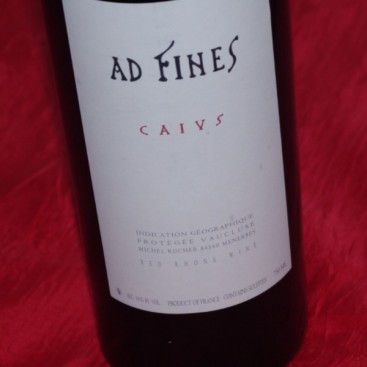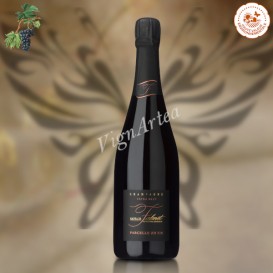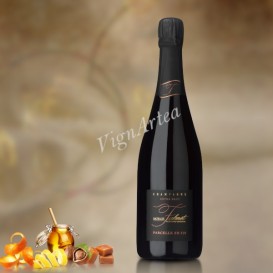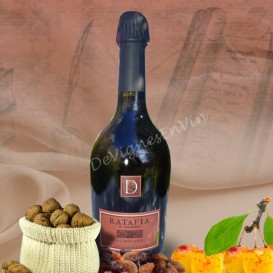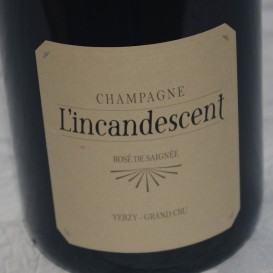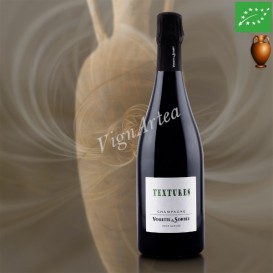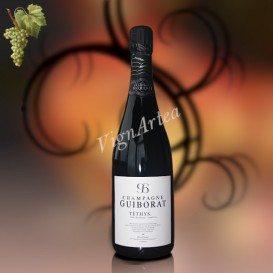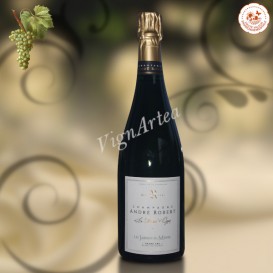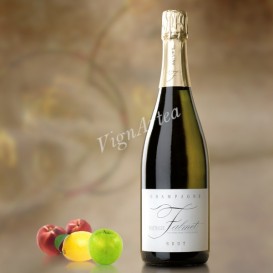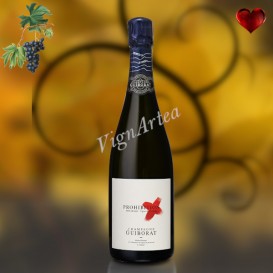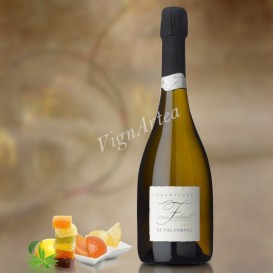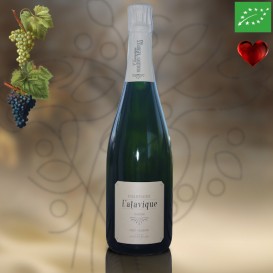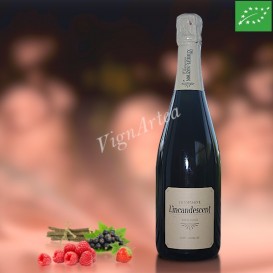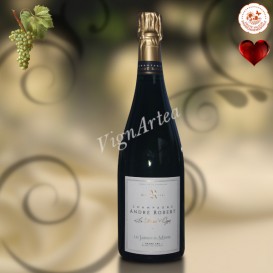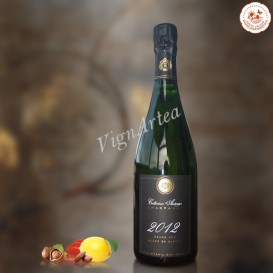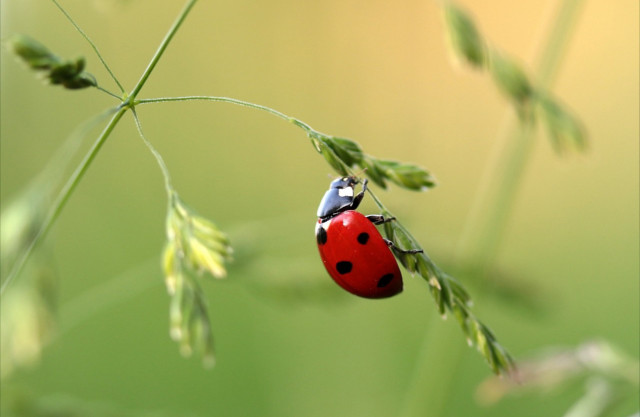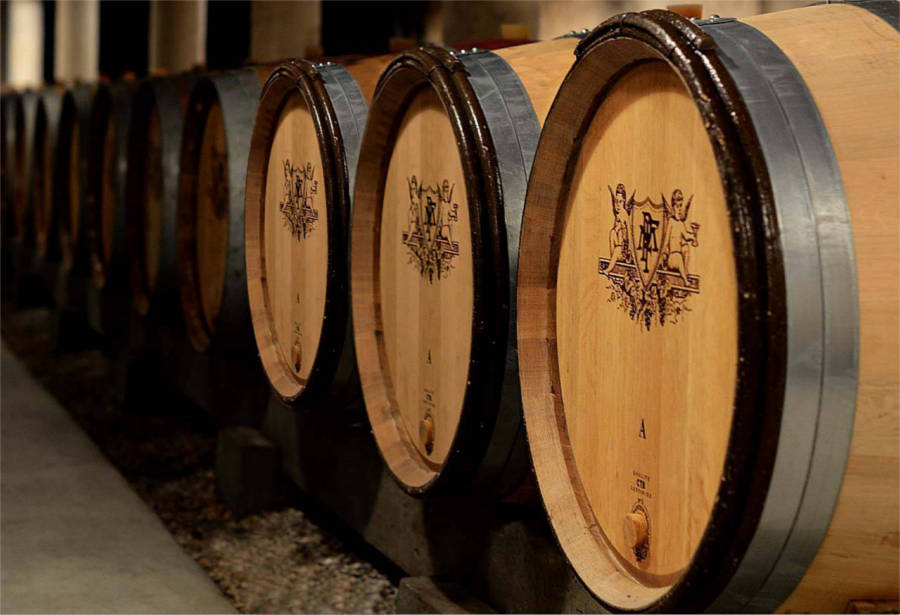CAIUS 2020 (Domaine Ad Fines)
RHÔNE - IGP VAUCLUSE - RED WINE
Grape varieties: Cabernet Sauvignon (65%), Serine & Syrah (35%)
Native yeasts
Ageing in burgundy oak barrels for 12 months
Rich - Fruity - Well-balanced
- Nose: Intense and fruity. Notes of black fruit (blackberry and blackcurrant) and menthol with a hint of sweet spices and leather.
- Palate: supple and juicy, held together by fine tannins. Well-balanced on the palate, with a lingering finish.
- Tasting date: November 2024.
- OUR OPINION: very nice! This vintage is particularly well-balanced, with a fine structure that promises an high ageing potential while leaving a sensation of roundness on the palate. A very successful vintage!
DESCRIPTION
CAÏUS is an blend wine where Cabernet Sauvignon is the main grape varieties making the wine. Equally complemented with Serine and Syrah, the Cabernet Sauvignon grapes define all the character of this cuvee whose organoleptic qualities make it seriously taste like a great Bordeaux wine.
The yield of the 2018 vintage do not exceed 22 hl/ha.
TERROIR
The vines are planted on gentle, well-exposed slopes on the northern slopes of the Luberon, in the heart of Provence, where the soil is made up of greenish sandstone mollasses dating from the Burdigalian period, a geological stage dating from the Lower Miocene (23 to 15 million years ago) during which the sea invaded the Rhone Valley where it deposited numerous sediments.
These mollasses are a group of sedimentary rocks that are essentially detrital, i.e. they come from the sedimentation in a shallow marine environment of elements torn from the surrounding rocks by erosion. They are generally friable, soft and permeable, and represent a valuable source of water for the vines.
The day-night temperature differences that occur from August onwards allow a slow and progressive ripening of the grapes that generally reach maturity towards the end of September-beginning of October.
WINEGROWING & WINEMAKING
The vines have always been cultivated without the use of synthetic chemicals. Their yield does not exceed 30 hl/ha, allowing the production of ripe and concentrated grapes, rich in aromas.
The grapes are harvested by hand and vatted within an hour. Each plot and each variety is vinified separately.
The Cabernet Sauvignon and the Syrah are totally destemmed, while the Serine is destemmed at 70%.
After a cold pre-fermentation phase, the alcoholic fermentation starts spontaneously under the action of indigenous yeasts.
The skin maceration lasts 17 days for the Syrah, 26 days for the Serine and 19 days for the Cabernet Sauvignon and the Syrah. During this period, some pumping over and gentle punching down operations are carried out in order to break the marc cap and mix the skins with the juice.
Once the fermentations are complete, the musts are transferred to new Burgundy barrels for one part and into Burgundy barrels of 1 to 2 wines for the rest. The ageing phase lasts 12 months.
The must are then racked and blended in vats where they remain for an extra 9-month ageing before bottling.
| Country | Rhône Valley |
| Color | Red |
| Orange wines | No |
| Clay amphorae wines | No |
| Type | Dry |
| Vintage | 2018 |
| Capacity | 75 cl |
| Variety | Cabernet Sauvignon (65%), Serine & Syrah (35%) |
| Main Grape Variety(ies) | Cabernet sauvignon |
| Alcohol rate | 15 % |
| Quality Designation | Vaucluse (IGP) |
| Cellar Potential | 20 years |
| Service advise | 18°C (64°F). Decant 1hr before serving |
| Culture Methods | Non-certified Organic culture |
| Comments | Cold pre-fermentation, fermentation with indigenous yeasts ♦ Ageing in Burgundy barrels for 12 months, followed by a rest of 9 months in vats after the blend. |
| Stopper | Natural cork |


